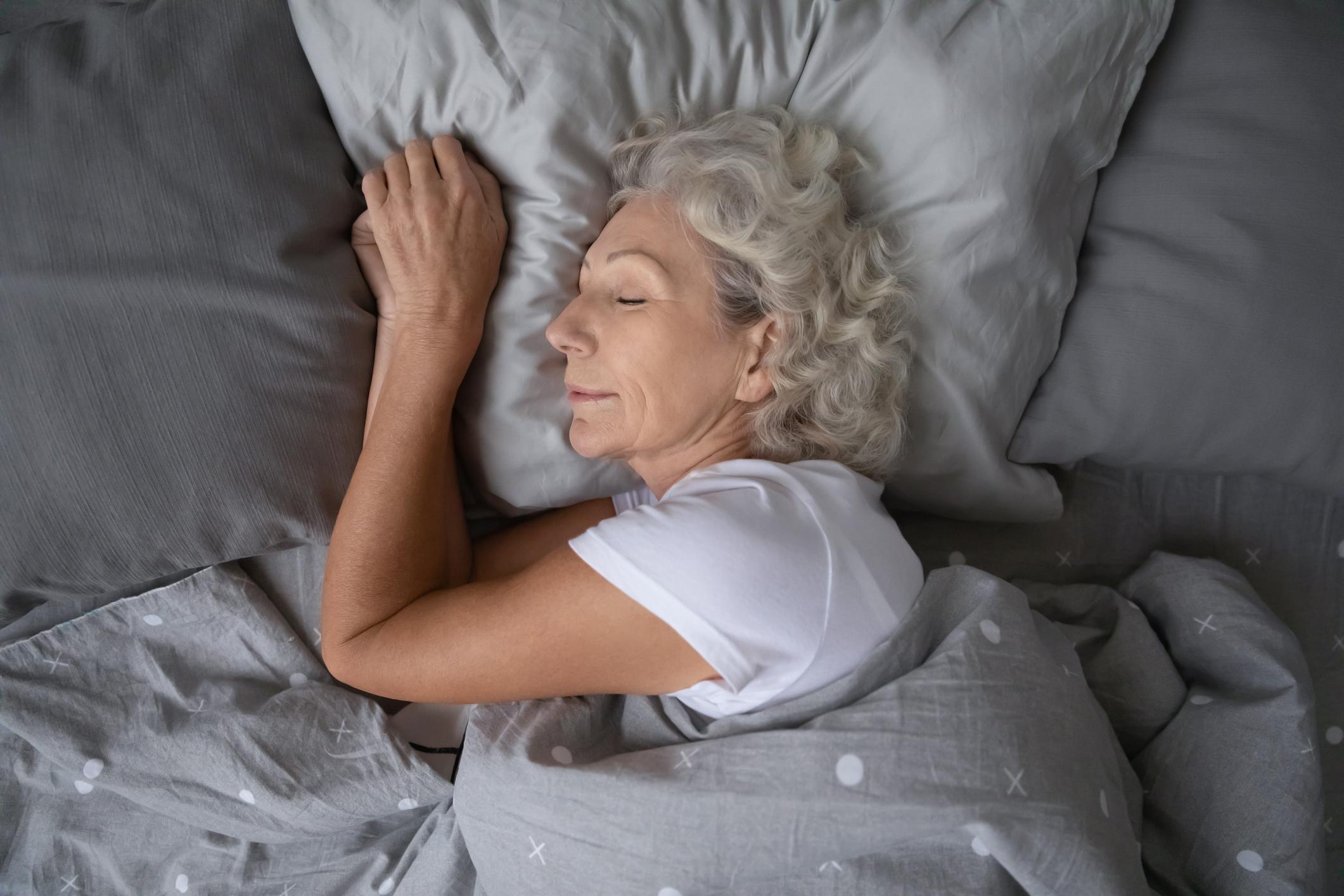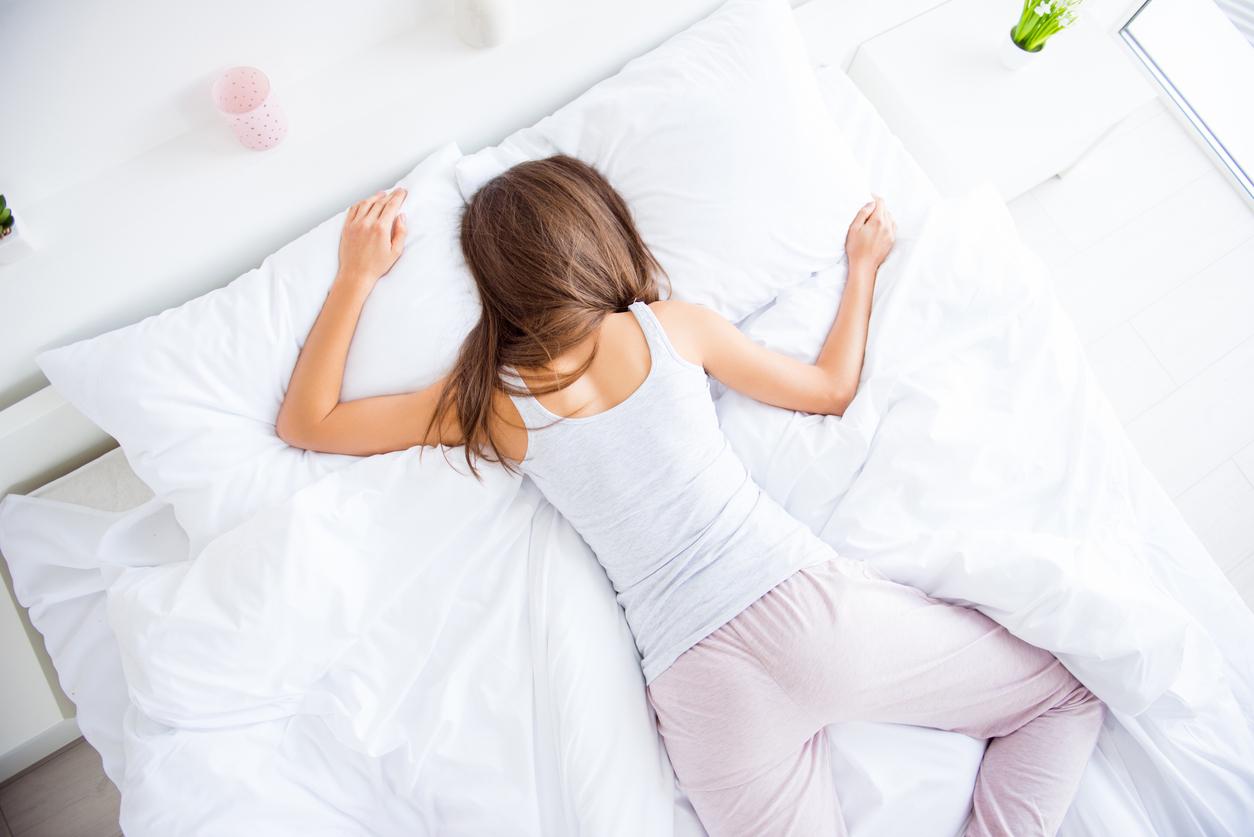While many French people suffer from sleep disorders, chrono-biologist Benoît Mauvieux explains how to sleep better.

- Sleep is crucial for many biological functions.
- However, in France, our nights are getting shorter and shorter.
- In order to stem this phenomenon, Benoît Mauvieux, chrono-biologist and lecturer at the University of Caen, gives some advice.
Benedict Mauvieux, chrono-biologist and lecturer at the University of Caen, provides some tips for improving the quality of our nights.
1/ Know your needs
Identify whether you’re a light or heavy sleeper, note your sleep schedule, and aim to wake up feeling good. Remember, it is the regular wake-up time, both weekdays and weekends, that will determine bedtime. Not the opposite.
2/ Listen to your feelings
Go to bed at the first signs of sleep such as yawning or heavy eyelids. But be careful to make sure you have about 16 to 17 hours of wakefulness from getting up and not taking a nap after 3 p.m.
3/ Have a room dedicated to sleep
Reserve your bedroom exclusively for rest, keeping it quiet, cool and dark to promote sleep. Your bedroom, and even less your bed, should not be equated with your office.
4/ Prepare your sleep
Avoid heavy meals before bed, limit screens and stimulating activities before bed and establish relaxing rituals (stress generates cortisol, inhibiting sleep).
“By following these simple but effective tips, you can significantly improve the quality of your sleep and promote more restful nights,” concludes Benoît Bad.

As recently revealed by the INSV/Fondation Vinci Autoroutes survey conducted by OpinionWay, the French sleep 6h42 during the week on average (compared to 6h57 in 2019), and 7h25 during the weekend or holidays (compared to 8h14 in 2019). .
The nights from Sunday to Thursday are therefore too short for many of us. “As a general rule, you should sleep about 7 or 8 hours per night, but it really depends on each person’s needs. Some people live very well with only 5 hours of sleep while others require 10, although these extremes are rare” , explains sleep specialist psychotherapist Caroline Joutotte.
“Memory and learning, metabolism, immunity… even if many hypotheses still need to be confirmed, and others will undoubtedly be formulated, it is perfectly established that sleep is crucial for many biological functions,” also indicates Inserm.

















